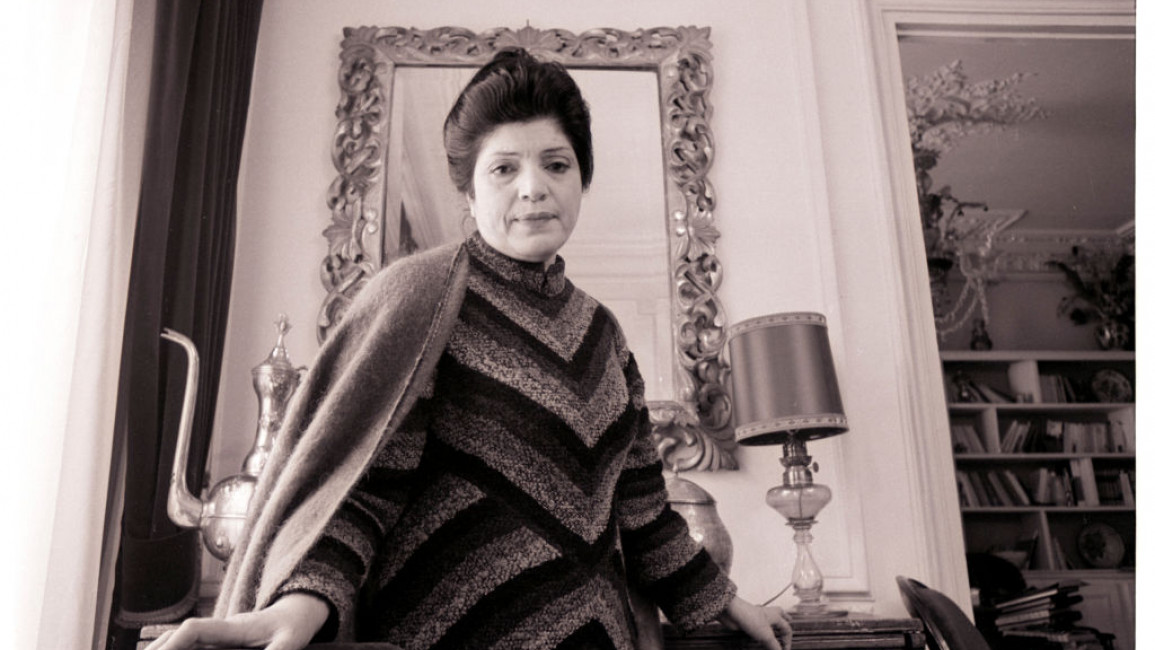Who is Taos Amrouche, the Algerian Amazigh singer Google celebrates?
Google Doodle celebrated the 111th birth anniversary of Algerian-French artist Taos Amrouche on Monday, an Amazigh icon who made Kabyle poetry more accessible.
She was born in Tunis on 4 March 1913 to an Algerian family that converted to Catholicism. She was known as Taos despite her baptismal name being Marie-Louise.
Influenced by her mother's Amazigh songs, Taos was deeply passionate about Amazigh oral tradition, particularly Kabyle poetry.
Traditional Kabyle civilisation, a sizeable Amazigh community in northeastern Algeria, is a civilisation of 'poetry.'
However, from the earliest times until the mid-20th century, Kabyle literature was primarily oral. While other peoples had engraved their glory in marble or recorded their history in books, the Kabyles entrusted their memory to their poetry.
Today, thanks to artists and writers like Taos, the world possesses an important corpus of ancient Kabylie poetry, a treasure trove collected by Hanoteau (1867), Boulifa (1904), Amrouche (1939), and others, offering a close-up on historical events, traditions, customs, and elements of a centuries-old culture of a marginalised community.
Taos' Google Doodle was visible in the regions of Tunisia, Algeria, and other parts of the region, as well as France. She was one of the first women in North Africa to publish her own novels.
Her literary works, including novels like "Jacinthe noire" (1947) and "La rue des tambourins" (1960), reflected autobiographical elements and explored themes of identity and racial barriers she experienced during her life in Tunisia and France.
Taos also published "Le grain magique" (1966), a collection of poems, tales, and proverbs translated from Kabylie. She was one of the co-founders of "the Berber Academy of Paris" in 1966.
Apart from her literary pursuits, Taos was, just like her mother, a talented singer who performed traditional Amazigh songs in the form of melancholic laments, sending shivers down the spines of her listeners and evoking the continued community's struggle to assert its identity.
However, at the height of her career, she was never invited to sing in her homeland, Algeria, because of the censorship at the time against the Amazigh language and art.
Taos passed away in 1976 in France, where she had lived since 1945.
After her death, several Amazigh singers paid tribute to Taos' legacy in their works, like Ferhat Imazighen in "Revolutionary Songs of Kabylie" and Oulahlou's "Marguerite Taos Amrouche."



